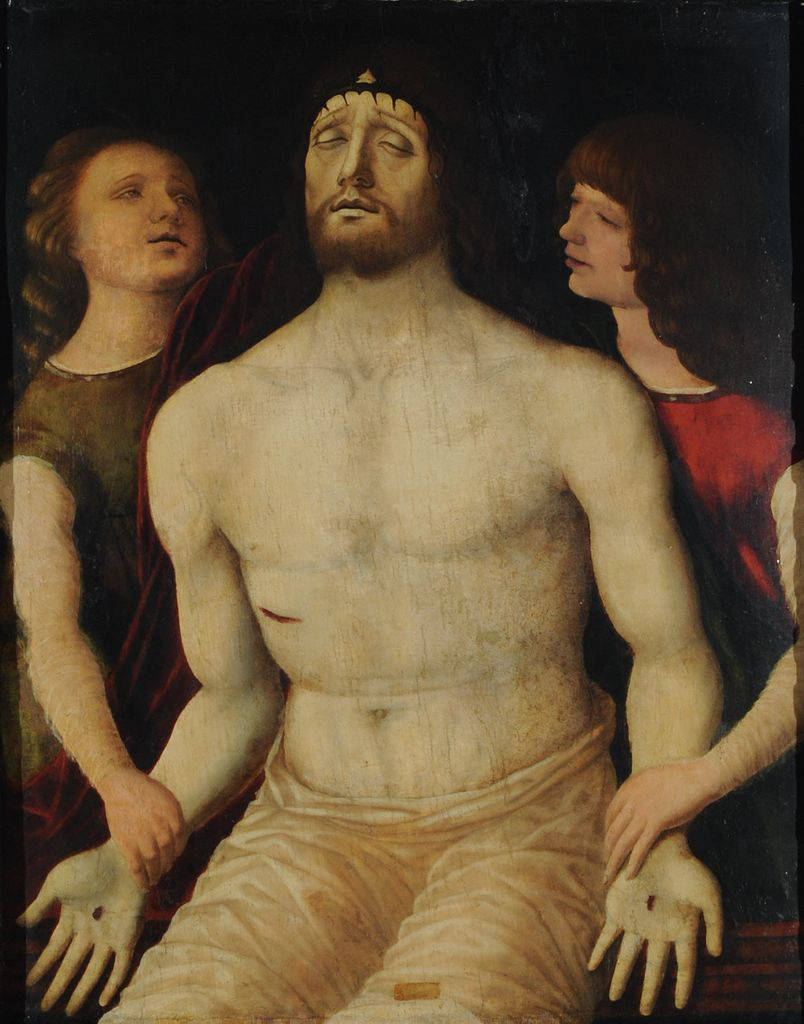Growing up in the 1950s in the U.S. I was deeply immersed, trapped like so many girls and women, in capitalist, colonizing, patriarchy. I rescued myself in the 1970s when I jumped head first into the Women’s Liberation movement. I found that the currents pushing communities of women were wild at times, yet taking me where I wanted to go. At that time, it was possible to live one’s life, as I did, largely within this subculture and its women’s dances, bookstores, battered women’s shelters, women of color organizations, festivals, land groups and more. These female-centered and female-only spaces gave women a gut level knowledge of what a world without patriarchy could be like. We could imagine a female-centered world because we were, in many respects, living in one.
Thanks to a decades long assault by the right wing and other anti-feminist forces, women’s spaces became difficult to access. Now the grassroots women’s movement is making a comeback. Over 50 years of second wave feminist thought, research and organizing inform our work. Women’s communities are on the rise. These communities have the potential to become the base for an earth- and female-centered future, as I’ll discuss below.
Continue reading “Mountain Mother: Earth, Woman, Goddess (Part 1) by Jeanne F. Neath”






